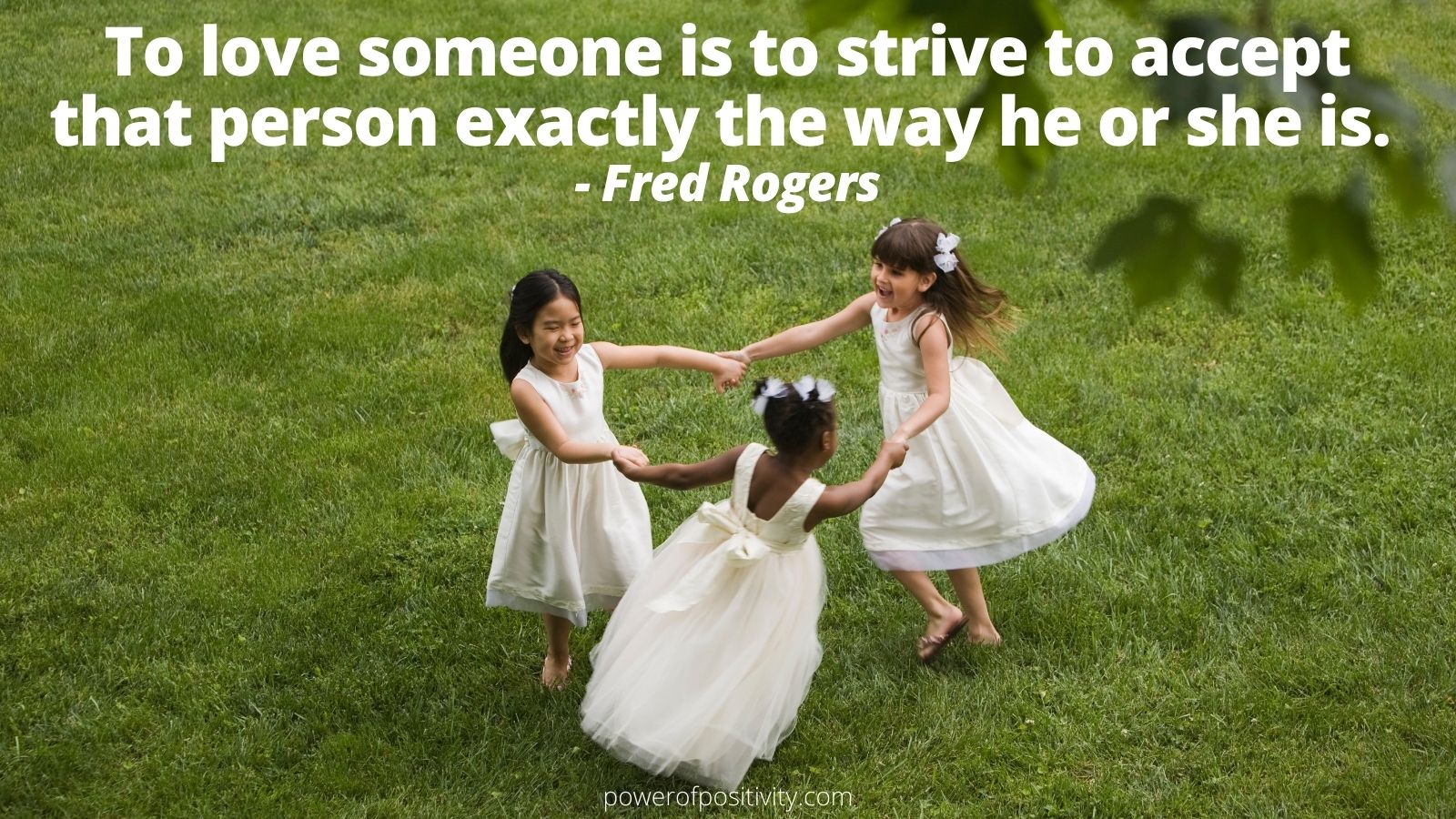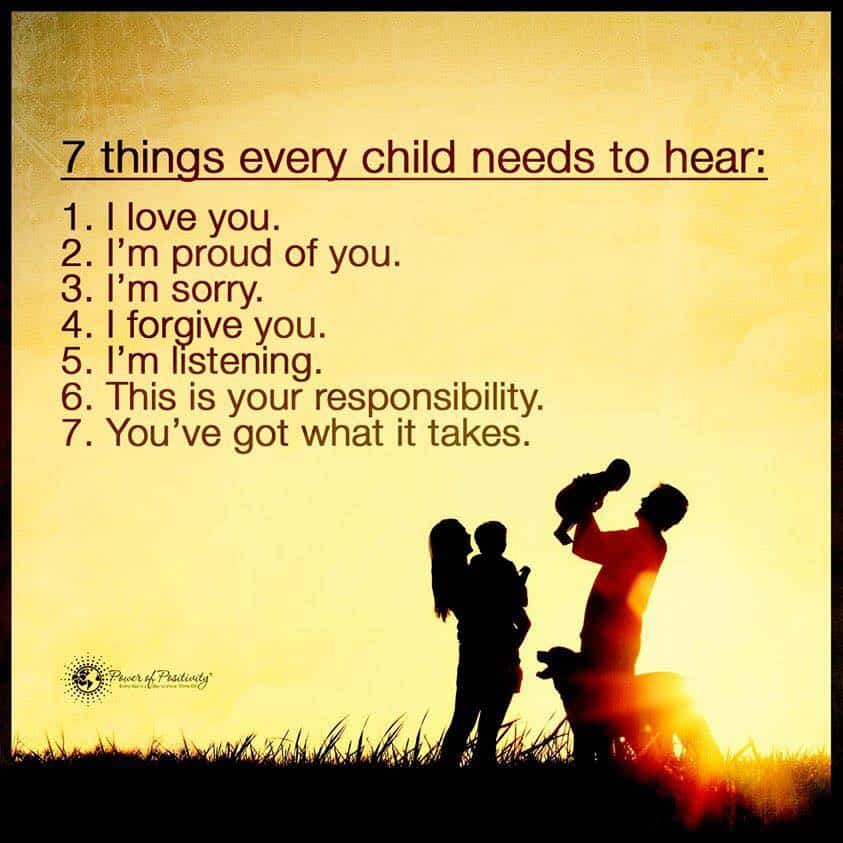Our theory of constructed emotion hypothesizes that “anger,” “sadness,” “fear,” and similar mental events are not basic building blocks in the mind, but instead are mental events that result from the dynamic interplay of more basic brain networks (not) specific to emotion. – Lisa Feldman Barrett, Ph.D.
Lisa Feldman Barrett is a brilliant and accomplished woman with the credentials to show for it. Despite all her accomplishments: Distinguished Professor at Northeastern University, Research Neuroscientist and Massachusetts General Hospital, Lecturer at Harvard Medical School, etc. Soon she may very well become known as the woman who revolutionized emotional intelligence.
In her book “How Emotions Are Made: The Secret Life of the Brain,” Dr. Barrett puts forth a potentially groundbreaking theory called the Theory of constructed emotion. Indeed, her successful challenge of the “emotional status-quo” already has a sizeable impact across multiple fields: psychology, medicine, law, and meditation.
This article attempt to explain – in the simplest terms possible – Dr. Barrett’s important work. Further, we’ll explain how Dr. Barrett’s discoveries allow us to identify, understand, and regulate our emotions!
What are emotions?
“You might think that in everyday life, the things you see and hear influence what you feel. But it’s mostly the other way around,” explains Dr. Barrett.
Gosh, it’s hard to define what constitutes an emotion, isn’t it? Where does an emotion “come from?” Why are we happy, sad, angry, frustrated, fearful, etc.? Indeed, emotions feel automatic and uncontrollable.
Are they? Can emotions be controlled – if so, how?
For years, many scientists explained (or attempted to rationalize) that emotions are “hardwired” into our brain and body – a phenomenon of underlying biological processes. This “classical” view on emotions dates back nearly 2,500 years ago to the time of Plato.
Perhaps we need to clarify this.
This old theory doesn’t sit well with some psychologists. Other scientists, including Dr. Barrett, whose research “overturns the widely-held belief that emotions are housed in different parents are the brain…(showing) that emotion is constructed at the moment, by core systems that interact across the whole brain, aided by a lifetime of learning.”
To advance her findings, Dr. Barrett founded the Interdisciplinary Affective Science Laboratory in Boston, Massachusetts. Barrett’s research and publications soon became a notable success.
Because of this success, Dr. Barrett eventually expanded operational capabilities. Today, two of her team’s primary locations are Northeastern University and Massachusetts General Hospital – a teaching hospital of Harvard University. Dr. Barrett has also hired 20-plus employees who comprise some of the brightest young and experienced minds in neuroscience.
Barrett’s discoveries about emotions
“…what you feel alters your sight and hearing. Interoception is more influential to perception, and how you act than the outside world is.”
Interoception is “your brain’s representation of all sensations from your internal organs and tissues, the hormones in your blood, and your immune system.” It is a sensory system responsible for detecting internal regulation responses – digestions, heart rate, hunger, and respiration among them.
Dr. Barrett clarifies: “Basically, your brain is processing internal and external sensations all the same time and making meaning out of them. That’s what an emotion is.”
In the simplest possible terms: emotions are not merely a biological process. In fact, emotions are the byproduct of some 90 billion neurons and hundreds of trillions of synapses. If necessary, please read that again…hundreds of trillions of electrical signals are rapidly firing in our brain.
“What we see, hear, taste, touch, and smell,” Dr. Barrett explains, “are all simulations of the world, not reactions to it.” She relates this conclusion to a near-universal truth” “You don’t walk around being surprised all the time.”
The extraordinary complexity of our brain tunes in finely to our immediate environment. Indeed, throughout years and years of evolution, our gray matter became accustomed to “predicting” what “happens next” in any situation – a constant state of analysis.
Dr. Barrett uses a personal (and admittedly cute) anecdote to illustrate: she and her daughter entertained the notion of a “gross foods” experiment. The duo “mashed baby food – peaches, spinach, beer, and so on – and artfully smeared it on diapers.” Many guests, privy to the fact that it was “just food,” still gagged. Others did not. The different experiences of Dr. Barrett’s guests were not a “reactive” response but rather an individualistic interpretation of both internal and external stimuli.
Other examples of controlling emotions
Other examples Dr. Barrett gives people who smile when frightened and laugh in anger. In other words, biological mechanisms cannot explain the human emotional experience.
Using functional magnetic resonance imaging (fMRI), Dr. Barrett and her colleagues studied brain images before, during, and after certain stimuli were introduced.
The experiment’s results were astounding, both to Dr. Barrett and her team and independent scientists. Dr. Lucy L. Brown, a highly respected neurologist a New York City’s Albert Einstein of Medicine, pronounced: “There are no centers for things in the brain…no “brain blobs” of neurons or neural circuits that we can identify with the activation of specific emotions… (Dr. Barrett’s) imaging data is indisputable.”
In recognition of her groundbreaking work, Dr. Barrett received one of the most prestigious awards within the psychological community: The Association for Psychological Science (APS) Award for Lifetime Achievement.
Emotional Control
Dr. Barrett’s theory of constructive emotion emphasizes the early comprehension and conceptualization of emotional experiences. The ability to understand our emotions is critical to our well-being.
So put. We must identify and verbalize (either to ourselves or others) what we feel. By doing so, we “grasp the reigns” of emotions and bring them back to our control.
There is no “default circuit” for emotional despondency. We have the responsibility of recognizing and making sense of what pops up in our heads.
The short explanation: Dr. Barrett’s neuroscientific discoveries have validated self-therapy. “Our ability to express ourselves more clearly and articulately about our (emotional experiences)” is, in itself, a powerful form of therapy.
Dr. Barrett states the reason behind her book (and her work):
“A lot of people are hurt by cultural practices that are informed by a theory of emotion that is not as scientifically defensible as we believe it to be. And in the end, that’s the thing that got me to write the book.”


 1. Caressing of the face or hair shows love
1. Caressing of the face or hair shows love












